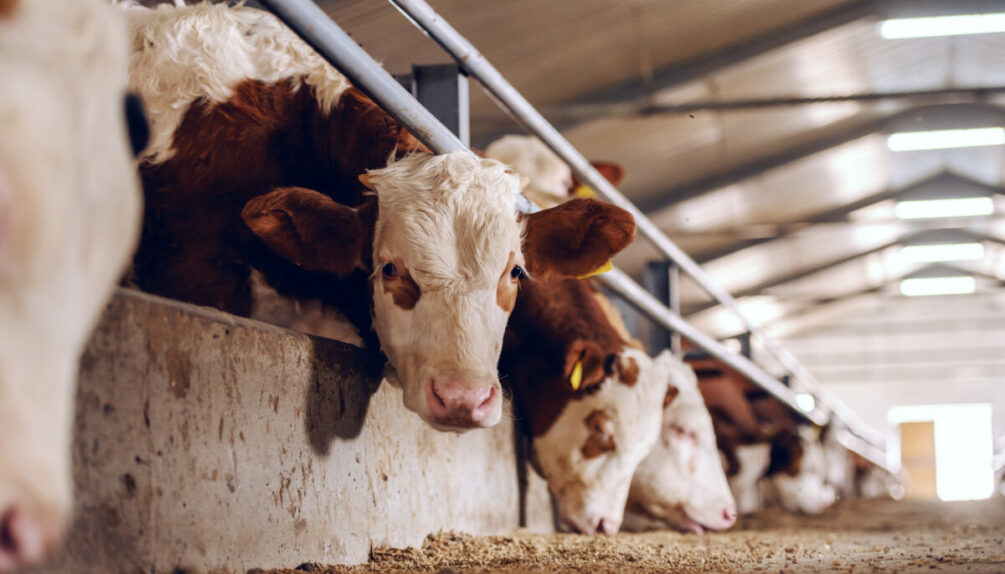
Beyond Meat: Exploring Alternatives to Animal-Derived Protein Sources
Introduction:
As the global population continues to grow, the demand for protein is increasing, placing pressure on traditional livestock farming systems and raising concerns about sustainability, animal welfare, and environmental impact. In response to these challenges, alternative protein sources such as plant-based and lab-grown meats have emerged as promising solutions to meet the growing demand for protein while reducing the reliance on animal agriculture. In this blog, we’ll explore the rise of Beyond Meat and other alternative protein sources, examining their potential benefits, challenges, and implications for the future of food.
1. The Rise of Beyond Meat:
Beyond Meat, founded in 2009, is a leading producer of plant-based meat substitutes made from ingredients such as pea protein, soy protein, and beet juice extract. The company’s flagship products, including the Beyond Burger and Beyond Sausage, aim to replicate the taste, texture, and mouthfeel of traditional meat products while offering a more sustainable and ethical alternative to animal-derived proteins.
Beyond Meat has experienced rapid growth in recent years, fueled by increasing consumer demand for plant-based options, concerns about animal welfare, and awareness of the environmental impacts of meat production. The company’s products are now available in thousands of grocery stores, restaurants, and fast-food chains worldwide, appealing to a diverse range of consumers, including vegans, vegetarians, flexitarians, and meat-eaters looking to reduce their meat consumption.
2. Benefits of Plant-Based Proteins:
Plant-based protein sources offer a range of benefits compared to animal-derived proteins, including:
- Environmental sustainability: Plant-based proteins generally have a lower environmental footprint than animal-derived proteins, requiring less land, water, and energy to produce. By reducing reliance on livestock farming, plant-based proteins can help mitigate deforestation, habitat loss, water pollution, and greenhouse gas emissions associated with meat production.
- Animal welfare: Plant-based proteins offer a cruelty-free alternative to animal-derived proteins, eliminating the need for factory farming, confinement, and slaughter of animals. By choosing plant-based options, consumers can support more humane and ethical treatment of animals while still enjoying the taste and texture of meat.
- Health benefits: Plant-based proteins are often lower in saturated fat, cholesterol, and calories than animal-derived proteins, making them a healthier choice for individuals looking to improve their diet and reduce the risk of chronic diseases such as heart disease, diabetes, and obesity. Additionally, plant-based proteins are rich in fiber, vitamins, minerals, and phytonutrients, which are important for overall health and well-being.
3. Challenges and Limitations:
While plant-based proteins offer many benefits, they also face challenges and limitations that may impact their widespread adoption and acceptance. Some of the key challenges include:
- Taste and texture: Despite advancements in plant-based meat technology, some consumers may find that plant-based products do not fully replicate the taste, texture, and sensory experience of traditional meat products. Improving the taste and texture of plant-based meats through research and innovation will be crucial for attracting meat-eaters to plant-based options.
- Price and availability: Plant-based proteins can be more expensive than animal-derived proteins, making them less accessible to low-income consumers. Additionally, plant-based products may not be widely available in all regions, limiting consumer choice and adoption. Making plant-based options more affordable and accessible will be important for expanding their reach and impact.
- Nutritional completeness: Plant-based proteins may lack certain nutrients found in animal-derived proteins, such as vitamin B12, iron, and omega-3 fatty acids. While it is possible to obtain these nutrients from plant-based sources or through fortification, ensuring the nutritional completeness of plant-based diets will be important for supporting overall health and well-being.
4. The Future of Food:
Despite these challenges, the future of food is increasingly being shaped by alternative protein sources such as plant-based meats, lab-grown meats, and insect-based proteins. As consumer awareness of the environmental, ethical, and health impacts of meat production grows, demand for alternative protein options is expected to continue to rise.
In addition to plant-based meats, other innovative protein sources such as lab-grown meats, algae-based proteins, and insect-based proteins are also gaining traction as sustainable and nutritious alternatives to traditional animal-derived proteins. These technologies offer new opportunities to diversify protein sources, improve food security, and address global challenges such as climate change, biodiversity loss, and food waste.
Conclusion:
Beyond Meat and other alternative protein sources are revolutionizing the way we think about meat and protein production, offering sustainable, ethical, and nutritious alternatives to traditional animal-derived proteins. By choosing plant-based options, consumers can support more humane and environmentally friendly food systems while still enjoying the taste and nutrition of meat.
Moving forward, continued research, innovation, and collaboration will be essential for overcoming the challenges and limitations of alternative protein sources and realizing their full potential to transform the future of food. By embracing plant-based meats and other alternative proteins, we can create a more sustainable, ethical, and resilient food system that benefits people, animals, and the planet.

